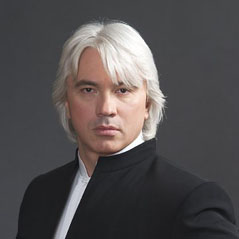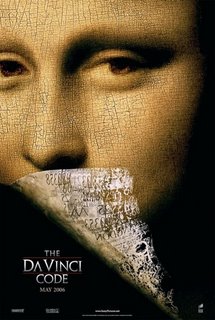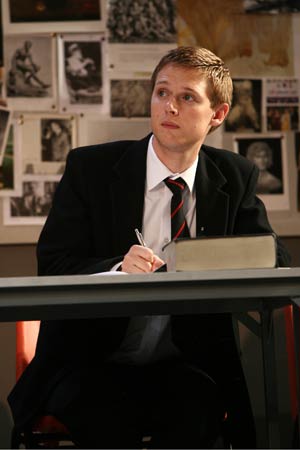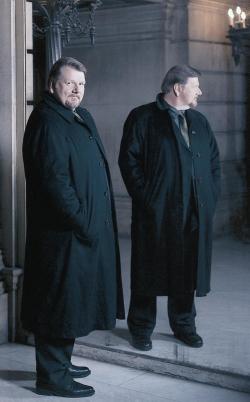 The Festival Management of the Bayreuth Festspielhaus has announced the following cast lists for the Bayreuth Festival 2006. These lists are, of course, subject to alteration.
The Festival Management of the Bayreuth Festspielhaus has announced the following cast lists for the Bayreuth Festival 2006. These lists are, of course, subject to alteration.New production.
Conductor: Christian Thielemann
Producer: Tankred Dorst
Stage design: Frank Philipp Schlössmann
Costumes: Bernd Skodzig
DAS RHEINGOLD
Wotan: Falk Struckmann
Donner: Ralf Lukas
Froh: Clemens Bieber
Loge: Arnold Bezuyen
Fasolt: Kwangchul Youn
Fafner: Jyrki Korhonen
Alberich: Andrew Shore
Mime: Gerhard Siegel
Fricka: Michelle Breedt
Freia: Satu Vihavainen
Erda: Mihoko Fujimara
Woglinde: Fionnuala McCarthy
Wellgunde: Ulrike Helzel
Flosshilde: Marina Prudenskaja
DIE WALKÜRE
Siegmund: Endrik Wottrich
Hunding: Kwangchul Youn
Wotan: Falk Struckmann
Sieglinde: Adrianne Pieczonka
Brünnhilde: Linda Watson
Fricka: Michelle Breedt
Gerhilde: Satu Vihavainen
Ortlinde: Amanda Mace
Waltraute: Martina Dike
Schwertleite: Janet Collins
Helwige: Iréne Theorin
Siegrune: Wilke te Brummelstroete
Grimgerde: Annette Küttenbaum
Rossweise: Alexandra Petersamer
SIEGFRIED
Siegfried: Stephen Gould
Mime: Gerhard Siegel
Wanderer: Falk Struckmann
Alberich: Andrew Shore
Fafner: Jyrki Korhonen
Erda: Mihoko Fujimara
Brünnhilde: Linda Watson
Woodbird: Robin Johannsen
GÖTTERDÄMMERUNG
Siegfried: Stephen Gould
Gunther: Alexander Marco-Buhrmester
Hagen: Hans-Peter König
Alberich: Andrew Shore
Brünnhilde: Linda Watson
Gutrune: Gabrielle Fontana
Waltraute: Mihoko Fujimara
First Norn: Janet Collins
Second Norn: Martina Dike
Third Norn: Iréne Theorin
Woglinde: Fionnuala McCarthy
Wellgunde: Ulrike Helzel
Flosshilde: Marina Prudenskaja
TRISTAN UND ISOLDE
Tristan: Robert Dean-Smith
Isolde: Nina Stemme
King Mark: Kwangchul Youn
Kurwenal: Hartmut Welker
Melot: Ralf Lukas
Brangäne: Petra Lang
Young Sailor: Clemens Bieber
Shepherd: Arnold Bezuyen
Steerman: Martin Snell
Conductor: Peter Schneider
Producer: Christoph Marthaler
Costume and stage design: Anna Viebrock
DER FLIEGENDE HOLLÄNDER
The Dutchman: John Tomlinson
Daland: Jaako Ryhänen
Senta: Adrienne Dugger
Erik: Endrik Wottrich
Mary: Uta Priew
Steerman: Norbert Ernst
Conductor: Marc Albrecht
Producer: Claus Guth
Costume and stage design: Christian Schmidt
PARSIFAL
Parsifal: Alfons Erberz
Amfortas: Alexander Marco-Buhrmester
Titurel: Jyrki Korhonen
Gurnemanz: Robert Holl
Klingsor: John Wegner
Kundry: Evelyn Herlitzius
Squires: Clemens Bieber, Samuel Youn
Grail Knights: Julia Borchert, Atala Schöck, Norbert Ernst, Helmut Pampuch
Flowermaidens: Julia Borchert, Martina Rüping, Carola Guber, Anna Korondi,
Jutta Maria Böhnert, Atala Schöck
Alto soloist: Simone Schröder
Conductor: Adam Fischer
Producer: Christoph Schlingenschief
Stage design: Daniel Angermayr, Thomas Goerge
Costumes: Tabea Braun
Chorus master: Eberhard Friedrich







